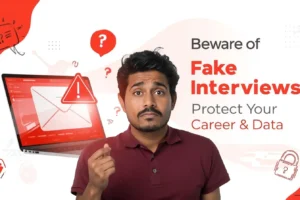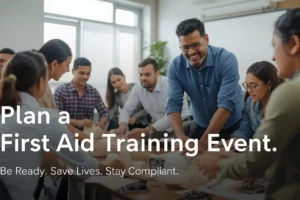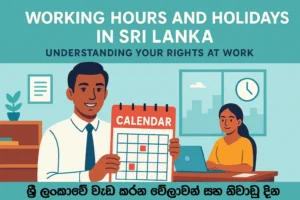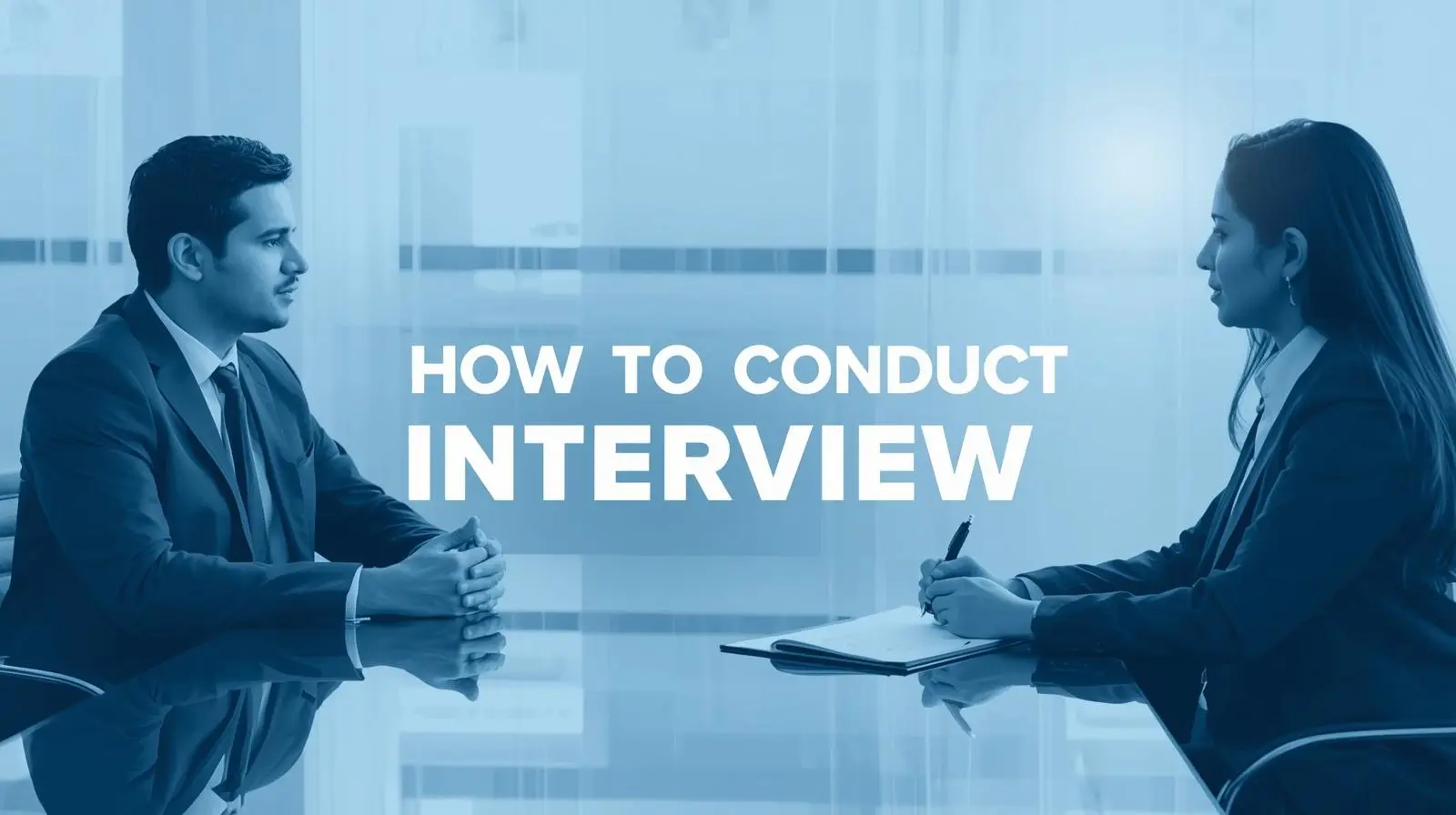Being an interviewer for the first time can be as nerve-racking as being the interviewee. When freshers enter the job market, their first impressions are shaped not only by their answers but also by how they are interviewed. In Sri Lanka’s competitive workplaces—be it in IT, apparel, logistics, or service industries—conducting a structured, fair, and insightful first interview is critical. This guide provides practical steps, Sri Lankan references, tips, and a case study to help new interviewers lead effective interviews that identify potential while fostering a positive candidate experience.
1. Why the First Interview Matters
The first interview sets the tone for the candidate’s perception of your organization. A well-conducted interview not only helps you assess capability, but also enhances your employer brand. For freshers, who often have limited experience, the interviewer’s approach — clear questions, attentive listening, fair assessment — can make a big difference in candidate confidence and outcome.
➡️ External Link: See this video on basic interviewer skills (link provided).
(Note: The YouTube link given — https://www.youtube.com/watch?v=Do97Ld9eEmQ — provides a sample framework for first interviews; interviewers may adapt its structure for Sri Lankan contexts.)
2. Preparing Before the Interview
a) Understand the Job Role Clearly
Before you interview, review the job description, key competencies, and must-have skills. For freshers, competencies like communication, adaptability, learning potential, and attitude are often more important than prior experience.
b) Prepare the Interview Structure
Divide the interview into clear parts: introduction, background questions, competency questions, candidate’s questions, and closing. This structure ensures consistency across candidates.
c) Prepare Standardized Questions
Use behavioral and situational questions. Example:
- “Tell me about a time you faced a challenge during a group project and how you handled it.”
- “If given a tight deadline, how would you prioritize tasks?”
Keep a balance between open-ended and probing follow-up questions.
d) Decide Scoring Criteria in Advance
Use a rating scale (e.g., 1–5) for key criteria (communication, problem-solving, attitude, cultural fit). This avoids bias and ensures that every candidate is assessed on the same set of factors.
3. Conducting the Interview (On the Day)
a) Start Warmly
Begin with small talk to help the candidate relax. Introduce yourself, explain the interview flow, and clarify how long it will take.
b) Use Clear and Fair Questions
Avoid irrelevant or overly technical questions for freshers. Use questions aligned to what a fresher might have done in studies, internships, or extra-curricular activities.
c) Listen Actively and Take Notes
Capture key phrases, examples, and inconsistencies. Use your scoring sheet alongside narration but don’t interrupt the candidate frequently.
d) Probe for Depth
If a candidate gives a superficial answer, ask follow-up: “What specifically did you do?” or “How did you decide that course of action?”
e) Provide Time for Candidate Questions
Let candidates ask about work culture, learning paths, or expectations. Their questions can reveal their priorities and curiosity.
f) Close Positively
Thank the candidate, explain next steps (timeline), and provide contact or HR follow-up info. This leaves them with a respectful impression of your organization.
4. After the Interview: Evaluation and Feedback
a) Immediately Score and Review
Right after the interview, score the candidate using your predetermined criteria. If possible, compare notes with co-interviewers to ensure consistency.
b) Offer Constructive Feedback
Even if the candidate is not selected, offer short, constructive feedback — one strength and one area for improvement. Many freshers value guidance.
c) Document Observations
Record final notes in the HR system: strengths, gaps, recommendation. This helps if they reapply later or for learning interview effectiveness.
d) Reflect and Improve
After a few interviews, review patterns: Were some questions unclear? Did candidates struggle on certain topics? Adjust future interviews accordingly.
5. Case Study: Junior Interviewer Program at a Sri Lankan IT Firm
Case Study: “TechLeap Lanka” Graduate Recruitment Drive
During its 2023 graduate recruitment, TechLeap Lanka piloted a “Junior Interviewer Program” where senior freshers (1–2 years’ experience) were coached to interview new applicants. Key steps:
- They were trained on interview best practices, bias awareness, and scoring.
- Each junior interviewer was paired with an HR mentor during interviews.
- Feedback was collected from candidates regarding interview fairness and clarity.
Results:
- Candidate satisfaction (via survey) improved by 30% compared to prior rounds.
- The HR team found scored evaluations more consistent.
- The junior interviewers gained confidence and leadership skills.
This model can be adopted by many Sri Lankan firms — empowering fresh talent while improving interview capacity.

“An interview is less about finding flaws — it’s about uncovering potential.”
Conducting an interview as a first-time interviewer—especially for freshers—requires preparation, empathy, and clarity. By designing a structured format, using standardized criteria, and communicating respectfully with candidates, interviewers can make better hiring decisions while fostering a positive candidate experience.
Your role as an interviewer is not just to filter — it’s to discover potential, support fair processes, and reflect the values of your organization. Start with a sound structure, listen actively, and constantly refine your approach.
Over time, you’ll become more confident, consistent, and effective — and your interviewees will leave with respect for your process.
6. Challenges and Best Practices for First-Time Interviewers
| Challenge | Best Practice |
|---|---|
| Bias creeping in | Use standardized scoring and multiple interviewers |
| Candidate nervousness | Start with easy ice-breakers |
| Overemphasis on technical jargon | Focus more on attitude, learning capacity |
| Time mismanagement | Use a timer or schedule buffer slots |
| Giving insufficient feedback | Prepare short feedback even for non-selected candidates |
Also, doing occasional interview calibration meetings (where interviewers compare assessments) helps maintain consistency.









